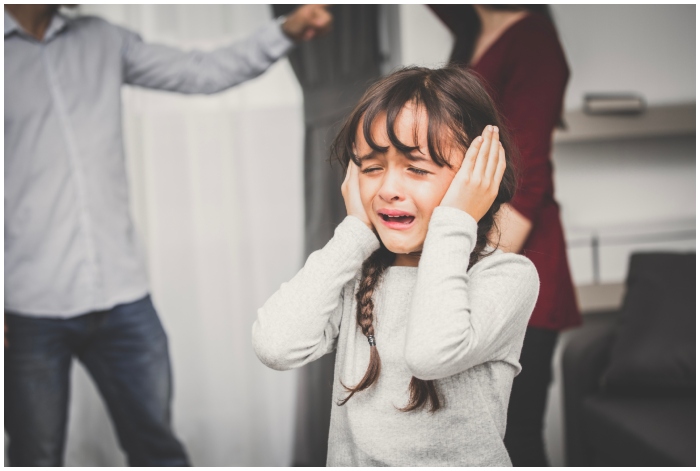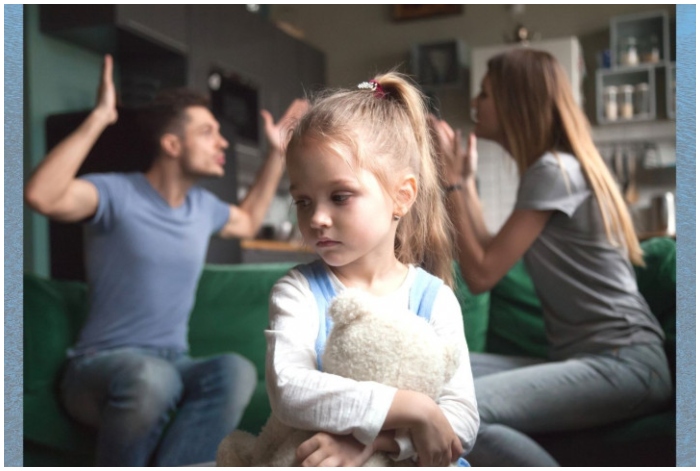Parental conflicts are an unavoidable aspect of family life, but they need not necessarily harm children. Handled thoughtfully, disputes can provide valuable life lessons in communication, problem-solving, and emotional regulation. The key lies in how these conflicts are managed and resolved within the family environment.
Growing up, I experienced first-hand how destructive conflicts could be. My mother’s explosive anger and my father’s subsequent withdrawal taught me the profound impact of parental discord. As psychologist E. Mark Cummings of Notre Dame University points out, children are acutely sensitive to their parents’ emotional states and use these cues to gauge their own security within the family. Thus, understanding how to manage conflicts constructively is crucial for parents who wish to foster a healthy environment for their children.
The Impact of Parental Conflicts on Children
Children are like emotional barometers, sensitive to the slightest changes in their parents’ emotional states. Exposure to constant parental conflicts can lead to anxiety, behavioral issues, and emotional instability in children. According to Cummings, children can become distressed, worried, and anxious when exposed to destructive conflicts. This distress can manifest in physical symptoms such as headaches and stomachaches, sleep disturbances, and academic challenges due to an inability to concentrate.
Long-term exposure to unresolved parental conflicts can have even more severe consequences. Studies have shown that such environments can lead to lasting emotional scars, affecting children’s ability to form healthy relationships and increasing their risk of emotional disorders.
Benefits of Constructive Conflict
Not all conflicts need to negatively impact children. When handled constructively, with clear communication and resolution, conflicts can actually promote emotional growth and resilience in children. Cummings’ research suggests that witnessing parents resolve conflicts effectively can teach children valuable lessons about negotiation, fairness, and the importance of maintaining personal relationships.
Children who see their parents handle disagreements constructively feel more secure and are likely to develop better social skills, self-esteem, and emotional security. They learn that while disagreements are normal, they can be resolved through mutual respect and communication.

Strategies for Managing Conflicts Positively
- Empathetic Communication: Start conversations by acknowledging each other’s perspectives and feelings. This sets a tone of respect and understanding.
- Consistent Teamwork: Approach conflicts as a team. Instead of opposing each other, work together to find solutions that benefit the family as a whole.
- Constructive Criticism: Focus on the issue at hand without resorting to personal attacks. Discuss behaviors and situations, not character flaws.
- Positive Conflict Resolution: Allow your children to see you resolve disagreements. This teaches them that while conflicts are normal, they can be handled in a way that is constructive and respectful.
- Appropriate Boundaries: Keep adult-specific conflicts, such as those about finances or marital issues, private. Exposing children to such stresses can create anxiety and insecurity.
- Reassurance and Security: Regularly reinforce to your children that despite disagreements, the family’s foundation of love and care remains unchanged.
Seeking Professional Help
If conflicts frequently escalate or remain unresolved, it may be beneficial to seek external help. Family therapy can provide strategies to improve communication and resolve conflicts in ways that minimize the impact on children. Therapists can help parents develop techniques to dispute resolution that foster a supportive family environment.

Conclusion
Parental conflicts, when addressed constructively, can provide opportunities for teaching children important interpersonal skills. By modeling respectful communication and effective problem-solving, parents can turn potential negative experiences into positive lessons. These lessons are crucial for children as they grow and learn to navigate their own relationships both inside and outside the home. Therefore, it’s imperative for parents to manage their disagreements with as much care and intention as possible, always considering the well-being of their children as paramount.